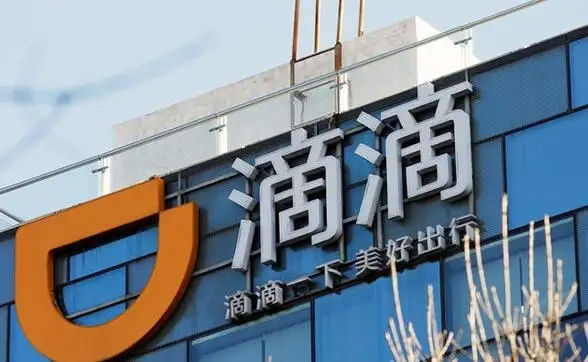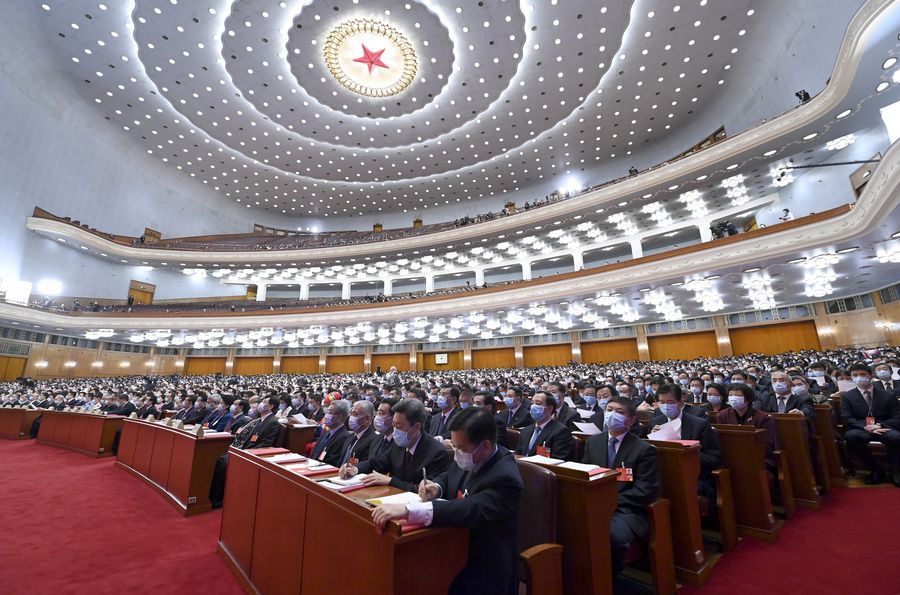LEGAL CHALLENGES ARISING FROM THE COVID-19 PANDEMIC IN CHINA
- 广州涉外律师张少武

- Dec 1, 2018
- 5 min read
Updated: Nov 11, 2020
By Sherwood Chang

As the outbreak of Coivd-19 Pandemic (a.k.a New Coronary Pneumonia Epidemic ) spread across the globe, it has affected and brought about many changes to everyday life and also to the legal field. As the first country affected by the virus, China has adopted many new policies and laws to boost the economy and mitigate loss due to the catastrophe. As legal supervisors, the courts have issued new judicial guidance or directives which will be the new guidance of judicial judgement in the Supreme Court and high court of many provinces. In this bulletin, we summarize some of the key changes of the laws according to the different fields:
1. HOW TO DEAL WITH CONTRACTS IMPACTED BY COVID-19
China’s Supreme Court, the Supreme People’s Court, released Guiding Opinions of the Supreme People’s Court on Several Issues Concerning the Proper Handling of Civil Cases Related to the COVID-19 Epidemic in Accordance with the Law (I) (“Supreme Court Guiding Opinions”) on April 20, 2020. Acting as the highest court, its guiding opinions, as reference, should be followed and cited by the lower courts when judgements are adjudicated.
Prior to this important guiding opinion, nearly two thirds of all provincial high people’s courts across the country have published their guiding opinions which apply only to each judicial territory, amongst which include the high courts of Beijing, Shanghai, Guangdong and other provinces.
2.ISSUES ARISING FROM LABOR RELATION DISPUTES UNDER THE COVID-19 PANDEMIC PERIOD
The safety measures adopted by local government separately to prevent Covid-19 have changed the lifestyles of many people, especially the lock-down or so-called semi-lock-down of cities or safety control of apartment complexes. After the lifting or lowering of the Covid-19 risk alert, people from areas where Covid-19 was infectious and had spread should normally have been quarantined for a certain period by the local governments of areas or cities where they entered.
Moreover, work resumption is an important topic in the labor laws, which exerts influence on the calculation of working days and how to define the nature of the period when people remain at home as required by government guidance, etc. The Supreme People’s Court outlines the principles of dealing with labor cases for the lower courts. Article 4 of Supreme Court Guiding Opinions states that “the people’s courts will not support the employer’s request to terminate the employment relationship merely on the ground that the employee is a confirmed case of COVID-19, a suspected case of COVID-19, an asymptomatic confirmed case of COVID-19, a legally quarantined person or that the employee comes from a region with a relatively severe epidemic”. Although the Supreme Court’s guidance takes precedence over the ones of other courts in China’s system, many lower courts --especially the high courts of provinces --elaborate their guiding opinions based on the specific situation of their judicial territories. For example, Guangdong high Court and Guangdong Human Resource and Social Insurance Office jointly published their Q & A Concerning the Trial of Labor and Personnel Disputes Concerning New Coronary Pneumonia Epidemic on April 21, 2020. This judicial guidance includes 22 Q & As involving many parts of labor disputes and should be followed by lower courts and arbitration courts in the territory of Guangdong. Questions covered include how to define the extended days of the Spring Festival and the period in which the government decided to delay the business resumption of companies, the continuance or termination of labor contracts, payment of some special periods when employees were quarantined or required to stay at home by government, or during the stoppage time, the newly-emerging way of off-site or home-working, and the issue relevant to civil litigation or labor arbitration procedure and the like. As we have noticed, many of the guiding opinions of the high courts including the above-mentioned Guangdong High Court, stress and maintain a strong inclination to protect the employee from lay-off or short pay but, conversely, considering the predicament of employers, attempt to create a balance between employers and employees.
3.HOW TO APPLY FORCE MAJEURE IN THE EVENT OF THE COVID-19
Force majeure is always a delicate issue to decide in the Chinese judicial system. As force majeure issues affect much of international trade or investment, the China Council for the Promotion of International Trade (CCPIT) issued the force majeure proof for Chinese international traders early after the outbreak of Covid-19. The National People’s Congress, China’s state lawmaking body, expressed its legislative attitude on this issue by a remark of its spokesperson of the Law Committee of its Standing Committee, in which the legislative body supports the application of force majeure according to relevant laws. Article 2 of its Supreme Court Guiding Opinions, the Supreme People’s Court elucidates its opinions about the force majeure based on the basic laws including General Provisions of the Civil Law of the People’s Republic of China and the Contract Law of the People's Republic of China. We can infer from the guiding opinion of the Supreme People’s Court that the Supreme Court accepts that the Covid-19 can be a force majeure but the Court per se remains cautious and guides the lower courts when applying the rule. Also, the Supreme Court stresses that the burden of proof is on the party who asserts force majeure in a specific case.
In our view, Covid-19 can normally be deemed as force majeure in most cases, but, before applying this rule, the judges shall ascertain the nature of the dispute, whether it is a lease contract or loan contract in a contract dispute, and further find out if the Covid-19 truly affected and disrupted the trade or transaction based on the evidence and they can exercise discretion. In some cases, it is very difficult to apply the doctrine of force majeure at all, as the trading parties can still transact smoothly and not be affected by --or be only slightly affected by --Covid-19. In other words, we must be sure that Covid-19 can, in fact, reverse and prevent the trade or transaction.
4.LAWS RELATING TO MEDICAL PRODUCTION, DISTRIBUTION AND SALE
Covid-19 is a catastrophe with far-reaching effects and damage beyond many people’s imagination. Thus, many hitherto unforeseen events happened in real life, e.g. a shortage of face masks and their skyrocketing price. It is evident that although most people are kind and are ready to assist during this wretched havoc, a small minority of unscrupulous individuals have used the virus as an excuse to make easy money, especially with bad or illegally-made medical products like face masks. Subsequently, the Supreme People’s Court and other high courts of different provinces elaborate and reiterate by-laws to curb illegal acts or crimes. Furthermore, some local governments and police departments have declared a crackdown on all forms of violence and crime during this special and difficult time. The Circular from the Police Department of Guangdong Province is typical of this kind of government action. In the Circular, the Police Department lists and threatens to punish these crimes or administrative offences, such as refusal to follow guidelines to prevent and control the virus, violation of quarantine policy, acts of occasioning public disorder or damage, deliberately transmitting the virus, manufacturing and selling unlicensed or poor-quality medical products, fraudulent behavior and spreading rumors about Covid-19, etc.,. This kind of action acts as a timely deterrent to potential crimes and maintains social stability.
Moreover, the Supreme Court and some of the local courts even published the judgements of typical cases involving Covid-19-related crimes quickly after the crimes were committed, employing expedited or summary proceedings.



Comments